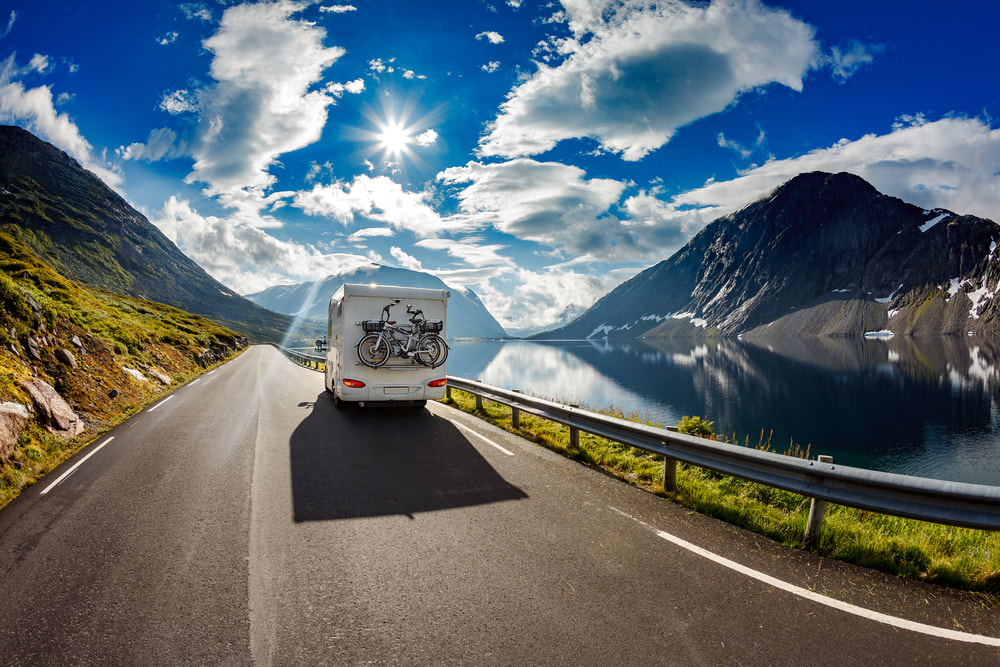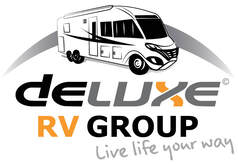We will cover the first two categories in more detail. UK and European ModelsTouring Caravans, especially from the UK, are constructed to be light in weight. This is quite deliberate so they are more manoeuvrable, easier to tow and you don’t need such a substantial tow vehicle. The only negative here is that the payload (what you can put in it) can be quite light. There are other Caravans from Europe which are quite spectacular. We import the high-end Dethleffs Caravans from Germany. The “Exclusiv” models are just beautiful inside. The chassis is upgraded and they give a much higher payload. These are also ideal for permanent living. There are many different caravan configurations. These days, most have a permanent island or French bed. Australian and New Zealand modelsYou will find these caravans are generally heavier and higher off the ground in comparison to many UK and European models. They are known to be robust and suited to outback conditions. That’s a big advantage if you are going off the beaten track and want to negotiate gravel roads, fjords and the likes. Some New Zealand models are more suited to touring; however, they are still quite a bit heavier than those coming from the northern hemisphere. The disadvantage of these models is that you usually need a more substantial tow vehicle. On the flip side, they generally have a good payload. Tow CapacityOne of the most important things you need to know before you purchase your new caravan is the towing capacity of your car and the weight you are allowed to tow with your tow bar. If you exceed your towing weight and something goes wrong then your insurance company may instantly reject any claim. Correct Tow BallIt is essential that you have the correct tow ball on your car. There are varying types of tow balls and having the wrong one fitted means your caravan can detach from your car whilst towing. It’s wise to talk with a recognised dealer who knows which tow ball is correct for your caravan. Braking SystemDifferent caravans come with different braking systems. Make sure you get professional advice so you know the caravan you are purchasing is going to be suited for your tow vehicle. Learn about the braking system so that you can fully understand and connect it safely. Electrical PlugBefore you commit, make sure that you know what’s involved with the electrical plug that connects between your caravan and your car. There are many options available and you need to make sure that the plug on your car will marry with the plug on your caravan and that your car is wired correctly. Many modern Caravans will need the electrical plug not just for rear lights but also for charging the caravan battery and possibly braking. Forgetting about this important factor can create unforeseen additional cost, delays at collection time and frustration. Electrical Variations240-Volt ElectricalCheck out what works on 240-volt power and what works on 12 volts. The more appliances that run on 12 volts the better, as you are not so reliant on being plugged in. 12-Volt ElectricalMake sure you have at least one 12-volt charging point or USB port so that you can charge your digital devices. Most things in your RV need to be 12-volt otherwise you can’t use them if you are off the grid. An InverterAn inverter can be great if you have plenty of battery power. We would only recommend having an inverter if you have at least two deep-cycle batteries and plenty of solar. Your inverter draws power from your batteries even if there are no 240-volt appliances plugged in, so make sure you turn it off when it’s not in use. If you are wanting to use appliances such as toasters, vacuum cleaners, hair dryers and the likes, check how much power they need to operate and whether your Inverter will be sufficient. Sometimes an inverter will blow a fuse when it’s overloaded which can become quite frustrating. Slide-OutsSlide-outs on both motorhomes and caravans are great in that they give you a huge amount of additional space. Generally, we have found slide-outs to be very reliable in the vehicles we have sold. Always look for an awning which slides and retracts automatically to keep rain off the slide out when it’s extended. As a safeguard, if you have to park on an uneven surface, make sure that your slide out is not running uphill so that rain could potentially flow into your RV. They are sealed but because your slide-out is a moving component it is hard to completely weatherproof them, so try to park on flat land. Speak to DeLuxe Group for More InformationIf you have any queries about one of our durable and reliable caravans, get in touch with the team. Contact us online or call 03 926 6789.
Comments are closed.
|
AuthorDeluxe RV Group Archives
July 2024
Newsletters
|
Location45 Main Street, Blenheim,
New Zealand Opening HoursMonday - Friday: 8.00am - 5.30pm
Saturday: 9.00am - 4.00pm Other times by Appointment only Ph: 03 927 2216 |
Telephone03 927 2216
|
Dedicated Property Website |
Copyright ©
DELUXE RV Group. All Rights Reserved


 RSS Feed
RSS Feed




